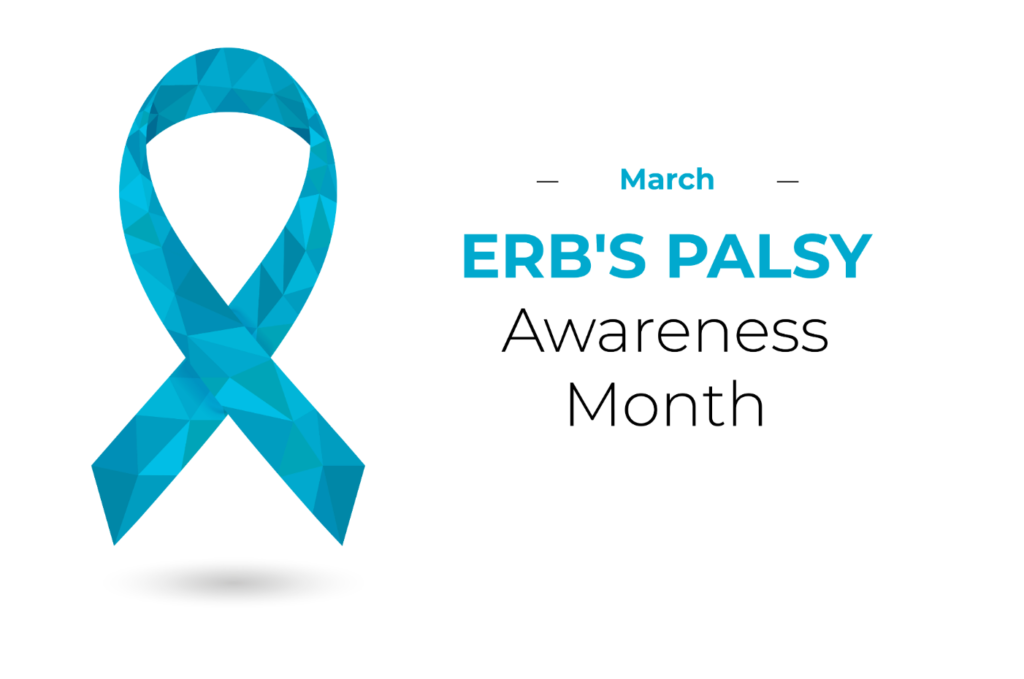-
Hospital Safety Tips

When most people go to the hospital, they assume that they will be well cared for by capable medical providers. However, it’s still important to be proactive and to take appropriate steps to protect your own health and safety as a patient. Here are some tips to keep in mind if you need to stay at a hospital or other medical facility:
Bring someone with you.
If possible, it’s a good idea to bring a trusted friend or family member with you to the hospital. Along with providing moral support, having someone with you will help you remember to ask the right questions—and also help you remember the answers!Keep careful track of your medications.
If you are prescribed to take any medications while you’re at the hospital, make sure you know what they are called, what they are for, and what the proper dosage is. Receiving the wrong medication is one of the most common forms of hospital negligence, so it’s important to keep track of your medication schedule. Also make sure that before receiving any medication, the person giving it to you checks and scans your ID wristband. Doing so will ensure that the medication is for you.Find out who to call for help.
When you arrive at the hospital, make sure that you know the doctor and nurse assigned to your care. Also, make sure that you let them know if there is a change in your condition. Hospitals can be busy environments, and knowing who you should call or ask for will also help to keep you safe. Don’t be afraid to speak up regarding changes in your condition or any questions you may have.If you have questions about medical care or treatment, or a catastrophic injury, don’t delay in calling Pegalis & Erickson, LLC for a no-fee consultation! We obtain justice for our clients after hospitals, doctors, construction companies, and drivers commit preventable errors that cause harm. Reach us through our website or call (516) 684-2900.
Attorney Advertising
-
What Is Shoulder Dystocia?

Shoulder dystocia is a serious injury that can endanger mothers as well as their children. It most often happens during the delivery process when a baby’s shoulders are too large to fit through the birth canal. Physicians must be careful in responding to this issue, or they may inadvertently cause harm to the child. Here is what you need to know about shoulder dystocia:
Risk Factors for Shoulder Dystocia
While larger babies may be more prone to shoulder dystocia, it can happen to babies of any size. If the mother gives birth later than the due date, if an epidural is used, or if birth is induced, it may raise the risk of shoulder dystocia. However, shoulder dystocia can also happen when no risk factors are present.Common Complications of Shoulder Dystocia
If a medical provider fails to observe sufficient caution or does not follow the proper procedures in responding to shoulder dystocia, they risk injuring the baby during delivery. This can lead to Erb’s palsy, a form of paralysis caused by nerve damage. Babies who sustain this damage may or may not recover, and some will have their arm function permanently impaired. Mothers may also sustain painful tearing of the vagina, uterine rupture, laceration of the rectum and postpartum hemorrhage. Often, these injuries occur when medical providers fail to predict that shoulder dystocia is likely to happen during delivery.If you have questions about medical care or treatment, or a catastrophic injury, don’t delay in calling Pegalis & Erickson, LLC for a no-fee consultation! We obtain justice for our clients after hospitals, doctors, construction companies, and drivers commit preventable errors that cause harm. Reach us through our website or call (516) 684-2900.
Attorney Advertising
-
Preventing Birth Defects

There is never a wrong time to time to educate yourself about birth defects and how you can help to prevent them from happening. While birth defects cannot always be prevented, there are some steps you can take that will reduce the risk of them occurring.
Get up to date on your vaccines.
Vaccinations are important for protecting yourself from illness, but they can also protect your unborn baby. It’s important to make sure that you get the yearly flu shot, as well as the whooping cough vaccine. Make sure to consult your physician before getting vaccinated, so you can be sure that you’re doing it at the right time.Avoid harmful substances.
As every physician will advise you, abstaining from tobacco, alcohol, marijuana, and other drugs is essential during pregnancy. Having any level of these drugs in your body can significantly raise your risk of birth defects, so it’s important to quit using them as soon as you find out that you are pregnant.Take folic acid every day.
Folic acid is a B vitamin that serves a number of important functions, including promotion of new cell development. According to the CDC, you should take 400 micrograms of folic acid on a daily basis during pregnancy. This is an important step that will help to reduce your baby’s risk for birth defects of the spine and brain. You shouldn’t take higher doses than this unless your physician has recommended it.If you have questions about medical care or treatment, or a catastrophic injury, don’t delay in calling Pegalis & Erickson LLC for a no-fee consultation! We obtain justice for our clients after hospitals, doctors, construction companies, and drivers commit preventable errors that cause harm. Reach us at (516) 684-2900.
Attorney Advertising
Recent Posts
Popular Posts
categories
- Uncategorized
- Infographic
- Patient Safety
- Patient Health
- Stillbirth
- Birth Injuries
- Medical Malpractice
- Medical Negligence
- Event
- Erb's Palsy
- Injury
- ER
- Video
- Cancer Misdiagnosis
- Medication Errors
- Cerebral Palsy
- Medical Negligence Lawyer
- Anesthesia Injuries
- Brachial Plexus
- Prostate Cancer
- About Us
- Men's Health
- Skin Cancer
- Breast Cancer
- Misdiagnosis
